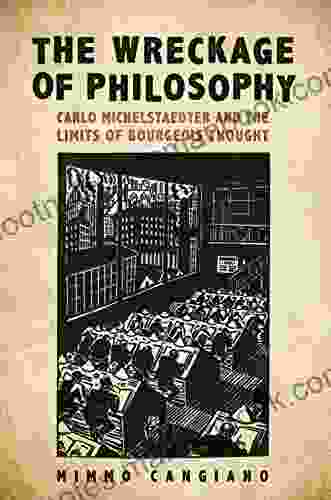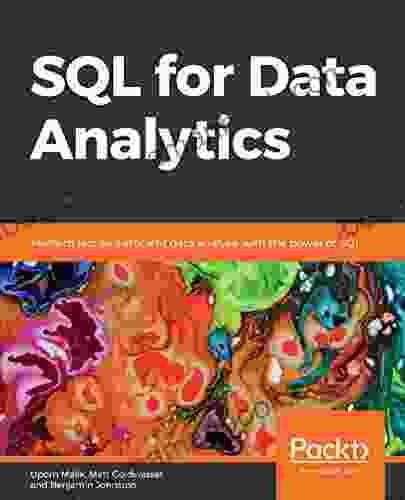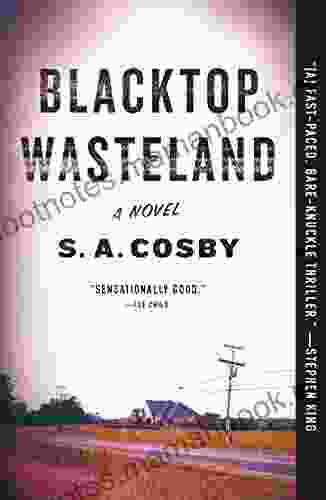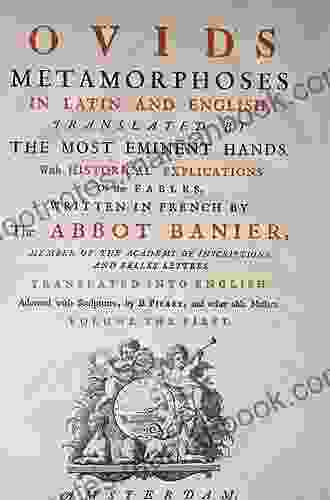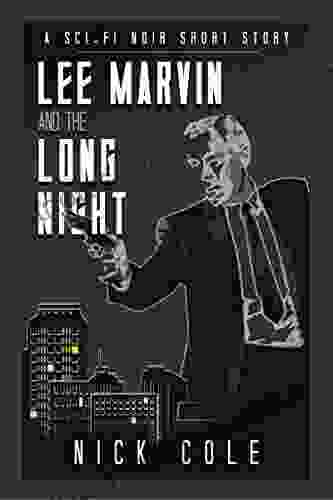In the intellectual landscape of the early 20th century, Julius Evola emerged as a prominent figure, challenging established norms and offering a profound critique of modernity. His seminal work, 'The Wreckage of Philosophy', published in 1924, became a cornerstone of Traditionalist thought, offering a radical re-evaluation of Western civilization and its philosophical foundations.
Origins and Influences
Evola's ideas in 'The Wreckage of Philosophy' were heavily influenced by a diverse range of sources, including:
- Traditionalism: A school of thought that emphasizes the importance of traditional values, customs, and beliefs, rejecting the perceived excesses of modern society.
- Anti-Modernism: A rejection of the Enlightenment's emphasis on rationalism and individualism, seen as contributing to the decline of the West.
- Metaphysics: A branch of philosophy that deals with the fundamental nature of reality, often exploring concepts beyond the physical world.
- Cyclical History: A view of history as a recurring cycle of rise, decline, and rebirth, challenging the linear progression narrative of modern historiography.
- Kali Yuga: A concept from Hindu philosophy, referring to the current age as a period of spiritual decline and materiality.
Central Themes
'The Wreckage of Philosophy' explores a range of interconnected themes, including:
- Spiritual Crisis: Evola argued that Western civilization was undergoing a profound spiritual crisis, characterized by a loss of meaning, purpose, and connection to the transcendent.
- Decline of the West: Evola saw the West as in a state of decline, due to factors such as the erosion of traditional values, the rise of materialism, and the loss of a sense of community.
- Traditionalism: Evola advocated for a return to traditional values and practices, arguing that they offered a path to spiritual renewal and cultural regeneration.
- Integral Traditionalism: Evola's unique synthesis of traditionalist ideas from various cultures, seeking to create a universal framework for understanding the human condition.
Impact and Legacy
The publication of 'The Wreckage of Philosophy' had a profound impact on intellectual circles, influencing various fields of thought, including:
- Philosophy: Evola's critique of modern philosophy challenged established paradigms, prompting a re-examination of the foundations of knowledge and reality.
- Politics: Evola's ideas influenced far-right and fascist movements, though he later distanced himself from these ideologies.
- Spirituality: 'The Wreckage of Philosophy' became a seminal text for Traditionalist and esoteric movements, offering insights into spiritual renewal and the search for meaning.
Julius Evola's 'The Wreckage of Philosophy' remains a significant and influential work in the intellectual canon, offering a profound critique of modernity and a call for a return to traditional values. Its themes continue to resonate with thinkers and seekers today, as we grapple with the challenges of the modern world and search for meaning and purpose in an increasingly fragmented and secular society.
Footnotes
- Traditionalism: A Guide to the Ideas of Julius Evola, ed. John Morgan (2018).
- The Revolt Against the Modern World: Julius Evola and the Origins of the Fascist Myth, by David Griffin (2012).
- The Metaphysics of War: Julius Evola and the Crisis of the West, by Thomas Sheehan (2011).
- The Integral Traditionalism of Julius Evola: A Philosophical Critique, by Marco Pasi (2016).



